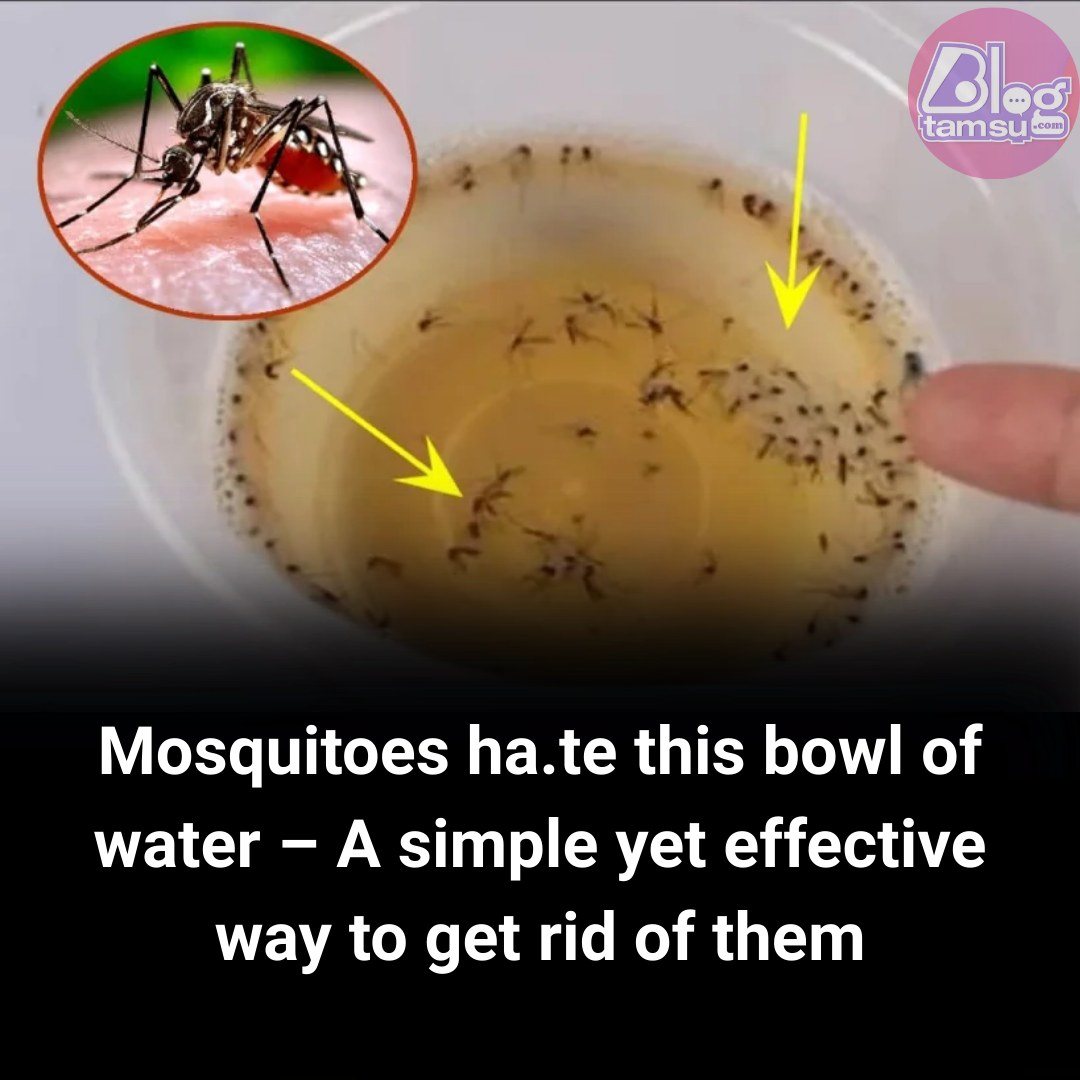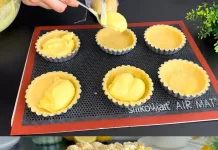
Creating your own mosquito trap is both cost-effective and environmentally friendly. Here’s a straightforward method:
Ingredients:
- A shallow bowl of water
- 1 tablespoon of sugar
- 1 tablespoon of dish soap or laundry detergent
- A small amount of rubbing alcohol (approximately 75%)
Instructions:
- Fill the bowl with water.
- Stir in the sugar until it dissolves completely.Pinterest+3The Little Shine+3Pinterest+3
- Add the detergent, which breaks the surface tension of the water, trapping mosquitoes once they land.
- Pour in a small amount of alcohol to disinfect and help kill the insects.
Place the bowl near windows, in dark corners, or humid areas where mosquitoes tend to gather.
Why This Works:
- Sugar lures mosquitoes by mimicking food scents.
- Detergent traps mosquitoes by making it impossible for them to stay on the water’s surface.
- Alcohol kills mosquitoes on contact and keeps the environment cleaner.
Benefits:
- Safe and non-toxic, making it ideal for households with children and pets.
- Environmentally friendly, without releasing harmful fumes.
- Cost-effective and easy to prepare using items you likely already have at home.
Tips for Success:
- Change the mixture every 2–3 days to maintain effectiveness.
- Clean the bowl thoroughly before refilling to prevent bacterial growth.
- Keep the trap out of reach of children and pets.
Natural Repellents: Harnessing the Power of Plants
Several plants and essential oils have properties that mosquitoes find unappealing:
- Citronella Oil: Derived from lemongrass, citronella oil is a well-known mosquito repellent. It’s commonly used in candles and sprays.Wikipedia+2Wikipedia+2The Little Shine+2Wikipedia+1Wikipedia+1
- Lavender: Known for its pleasant fragrance, lavender can deter mosquitoes. Planting it in your garden or using its essential oil can help keep mosquitoes away.Southern Living+1The Sun+1Naturalawn
- Neem Oil: Extracted from the neem tree, this oil has been traditionally used in India as a natural insect repellent.
- Lemon Eucalyptus Oil: Recognized by the CDC as an effective natural repellent, it can provide protection comparable to low concentrations of DEET.WebMD+1NPR+1
- Peppermint and Basil: Both have strong scents that mosquitoes dislike. Planting them around your home or using their essential oils can be beneficial.
Preventive Measures: Keeping Mosquitoes at Bay
Beyond traps and repellents, adopting certain habits can significantly reduce mosquito presence:Southern Living
- Eliminate Standing Water: Mosquitoes breed in stagnant water. Regularly empty containers like plant saucers, bird baths, and clogged gutters.Southern Living
- Maintain Your Yard: Trim tall grass and bushes where mosquitoes might rest.Time
- Use Fans: Mosquitoes are weak fliers. Setting up fans in outdoor seating areas can deter them.The Spruce
- Install Screens: Ensure windows and doors have intact screens to prevent mosquitoes from entering your home.
- Wear Protective Clothing: When outdoors, especially during peak mosquito hours, wear long sleeves and pants.
Conclusion
Combating mosquitoes doesn’t always require chemical-laden products. With simple DIY traps, natural repellents, and preventive measures, you can create a mosquito-free environment that’s safe for both your family and the planet.



